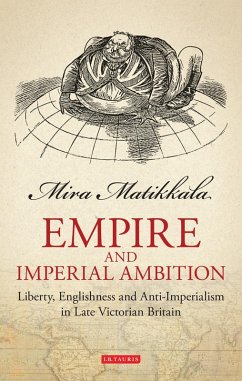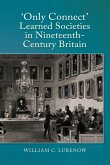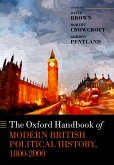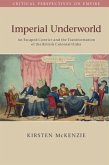The late nineteenth century is generally thought of as a period of imperial enthusiasm and fervour, however, beneath the surface there were currents of disquiet and discontent. In this book Mira Matikkala examines the modes of thought that were described as anti-imperialist in the period 1878-1901. She argues that the common ground between the various critics of imperialism was that they all declared to represent 'true Englishness' in contrast to what they regarded as a 'distorted' imperial identity.
Previous research has largely embraced the imperialist conception and definition of British imperialism as 'empire patriotism' and general 'empire pride'. This has led to a failure to understand the fact that late-Victorian anti-imperialists comprehended imperialism differently. They drew a clear distinction between the empire and imperialism, the empire signifying mainly emigration, colonisation, and the spontaneous spread of English liberal values in the form of the settler empire; whereas imperialism, as British authoritarian rule in the dependencies, was regarded as the negation of the same liberal spirit which the colonies propounded. Unlike colonisation, imperialism was seen as a new departure in British politics, representing anti-constitutionalism, 'distorted' imperial patriotism, militarism, aggression, and irrational jingoism.
In contrast to these imperialist manifestations the anti-imperialists emphasised 'the long line from 1688': liberty and constitutional rights in the form of 'industry and freedom at home, and peace, fair dealing, and moderation abroad'. In their view these 'traditional English values' constituted 'true' Englishness and any 'true' patriotism would be founded on them.
The late-Victorian debate on imperialism can be loosely grouped into three main categories, discussed in the three main parts of the book: economy and imperial expansion; ethics and the nature of progress; and practical politics. 'Empire and the Imperial Ambition' will be a significant contribution to the fields of British intellectual history and political thought.
Previous research has largely embraced the imperialist conception and definition of British imperialism as 'empire patriotism' and general 'empire pride'. This has led to a failure to understand the fact that late-Victorian anti-imperialists comprehended imperialism differently. They drew a clear distinction between the empire and imperialism, the empire signifying mainly emigration, colonisation, and the spontaneous spread of English liberal values in the form of the settler empire; whereas imperialism, as British authoritarian rule in the dependencies, was regarded as the negation of the same liberal spirit which the colonies propounded. Unlike colonisation, imperialism was seen as a new departure in British politics, representing anti-constitutionalism, 'distorted' imperial patriotism, militarism, aggression, and irrational jingoism.
In contrast to these imperialist manifestations the anti-imperialists emphasised 'the long line from 1688': liberty and constitutional rights in the form of 'industry and freedom at home, and peace, fair dealing, and moderation abroad'. In their view these 'traditional English values' constituted 'true' Englishness and any 'true' patriotism would be founded on them.
The late-Victorian debate on imperialism can be loosely grouped into three main categories, discussed in the three main parts of the book: economy and imperial expansion; ethics and the nature of progress; and practical politics. 'Empire and the Imperial Ambition' will be a significant contribution to the fields of British intellectual history and political thought.
Dieser Download kann aus rechtlichen Gründen nur mit Rechnungsadresse in A, B, BG, CY, CZ, D, DK, EW, E, FIN, F, GR, HR, H, IRL, I, LT, L, LR, M, NL, PL, P, R, S, SLO, SK ausgeliefert werden.









